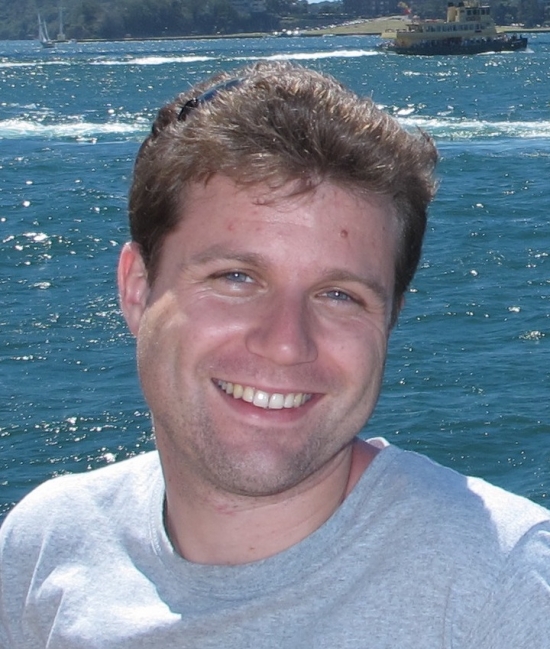MPEL Seminar
Convex Relaxations for Severe Damage Analysis in AC Power Networks
Add to Google Calendar

The analysis of severe multi-component damage on AC power networks is central to understanding the infrastructure's vulnerability to large-scale natural disasters and coordinated multi-agent attacks. However, solving the non-convex nonlinear AC power flow equations, after severe network damage, is widely regarded as "maddeningly difficult" and presents a notable obstacle in vulnerability analysis. In this work we explore how recent power system analysis methods, based on convex optimization, can be leveraged for severe damage analysis of real-world AC power network datasets. A rigorous empirical evaluation across seven networks and thousands of damage scenarios demonstrates that convex relaxations of the AC power flow equations can provide a reliable and scalable method for bounding the amount of load shedding required in severe damage scenarios. Furthermore, this preliminary study suggests that the resilience of different power networks to severe damage scenarios may vary more than previously thought.
Dr. Carleton Coffrin is a staff scientist in the Advanced Network Science Initiative at Los Alamos National Laboratory, which investigates the application of emerging optimization and machine learning methods to problems in critical infrastructure systems. Dr. Coffrin's work focuses on developing novel optimization methods for network design, operation, and restoration for AC power networks. In addition to peer-reviewed publications, his work on power system optimization has been recognized by the IEEE PES 2014 Optimal Power Flow Competition and Los Alamos National Laboratory's Early Career Researcher award. Dr. Coffrin received his Ph.D. in Computer Science from Brown University in 2012, under the supervision of Pascal Van Hentenryck and Russell Bent and before joining Los Alamos National Laboratory in 2016, Dr. Coffrin was a staff scientist at NICTA, Australia's premier computer science research laboratory.
 MENU
MENU 
